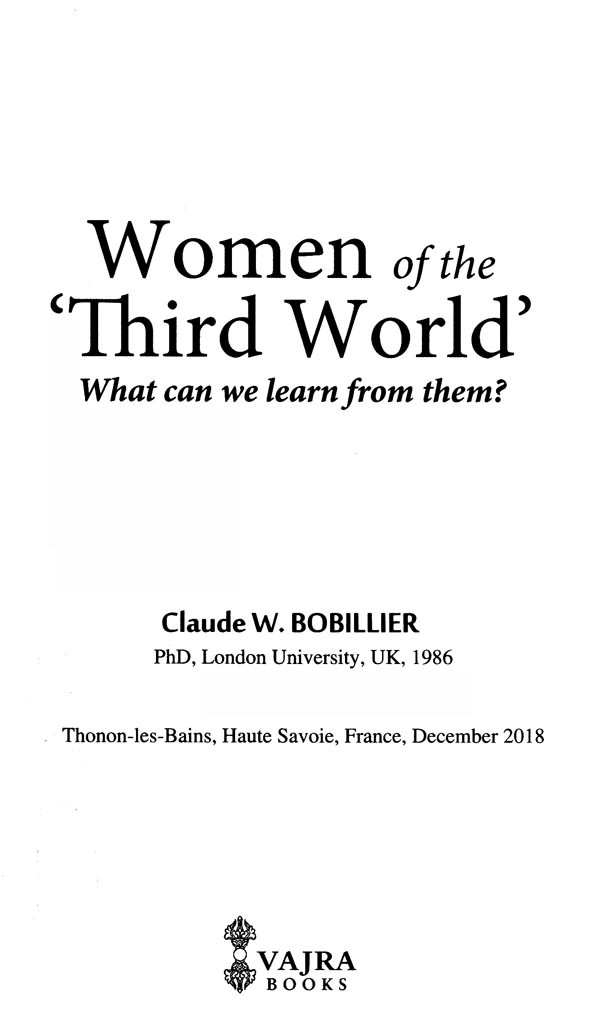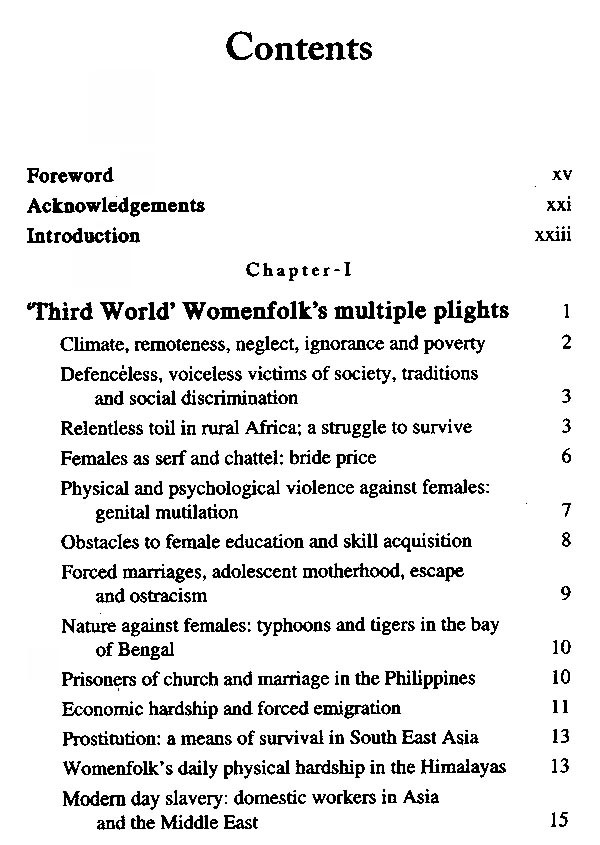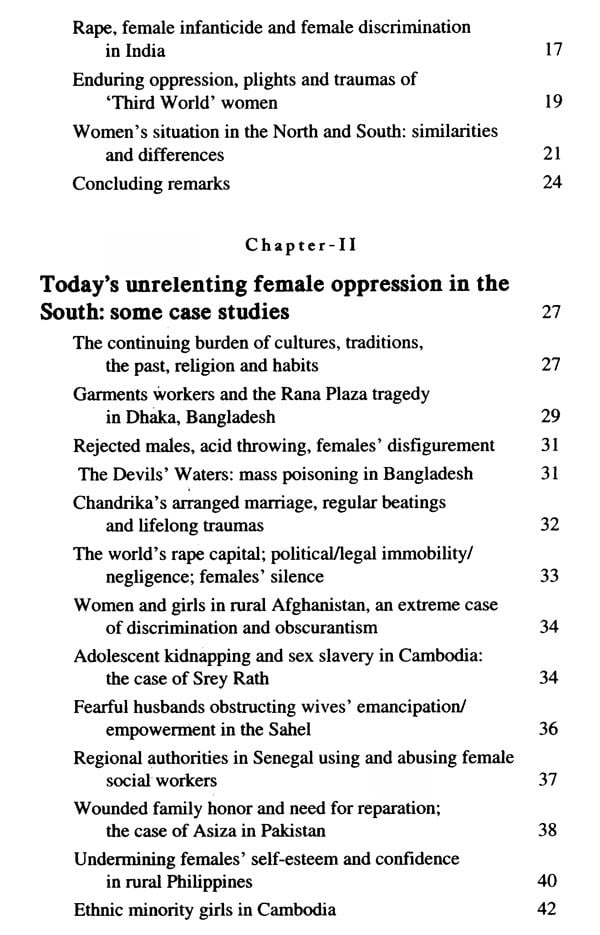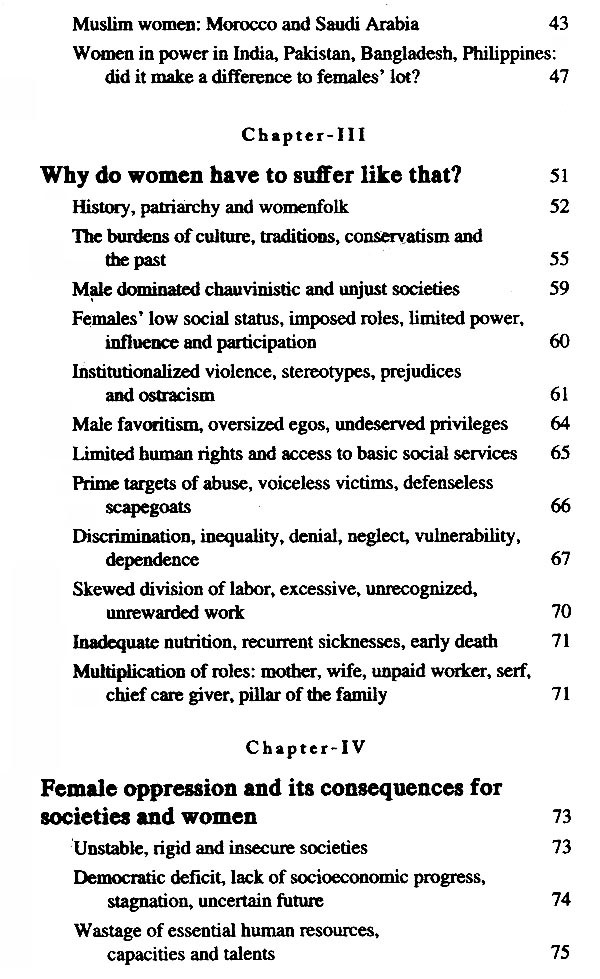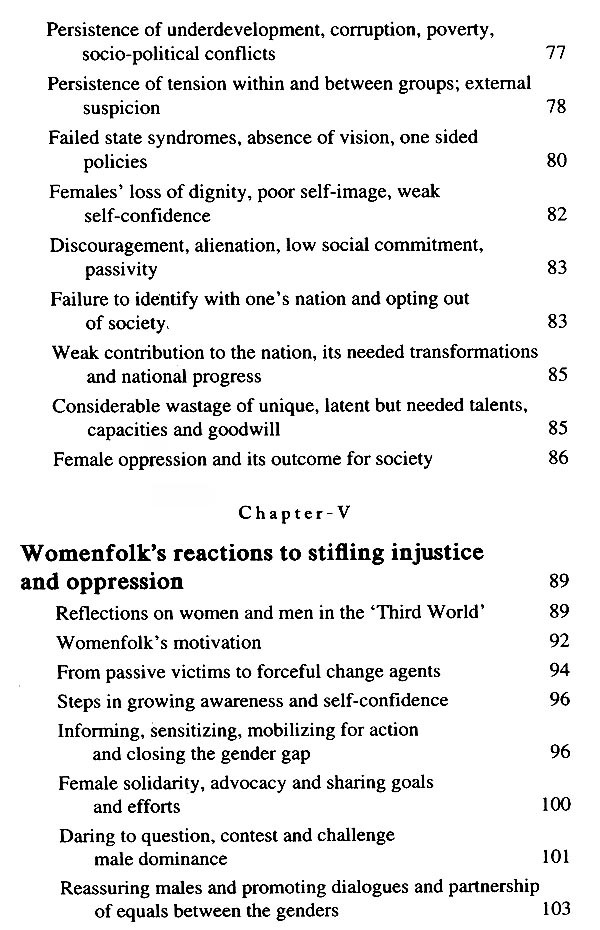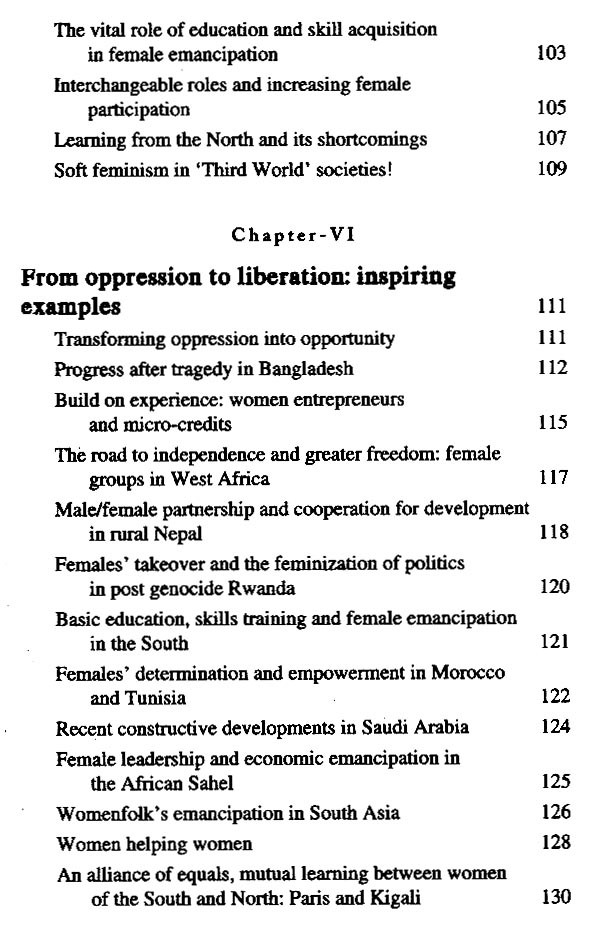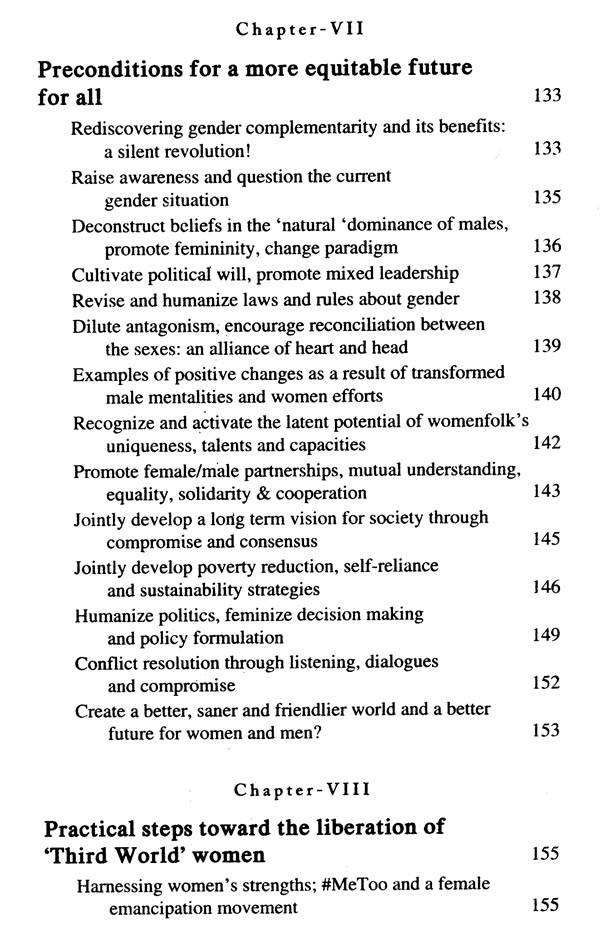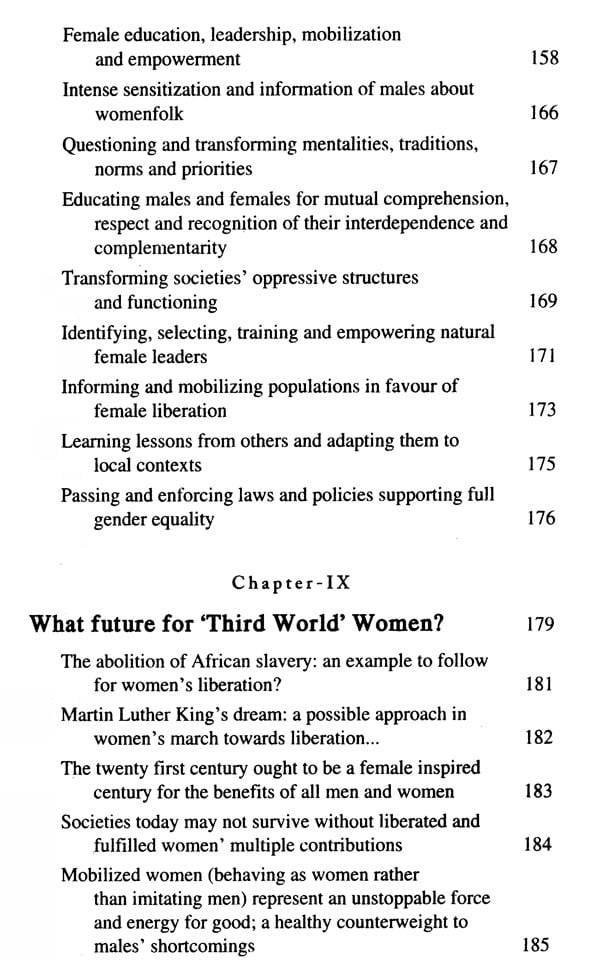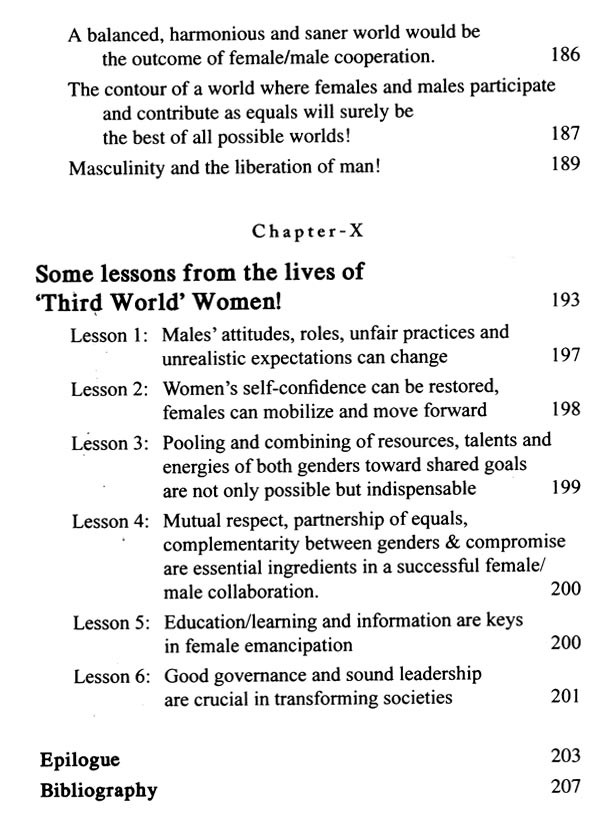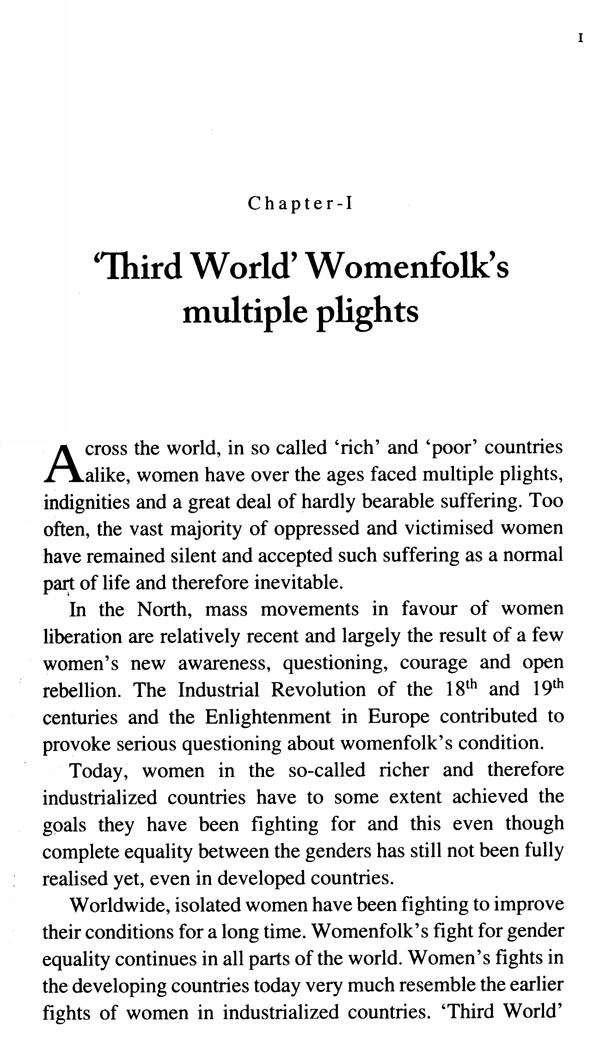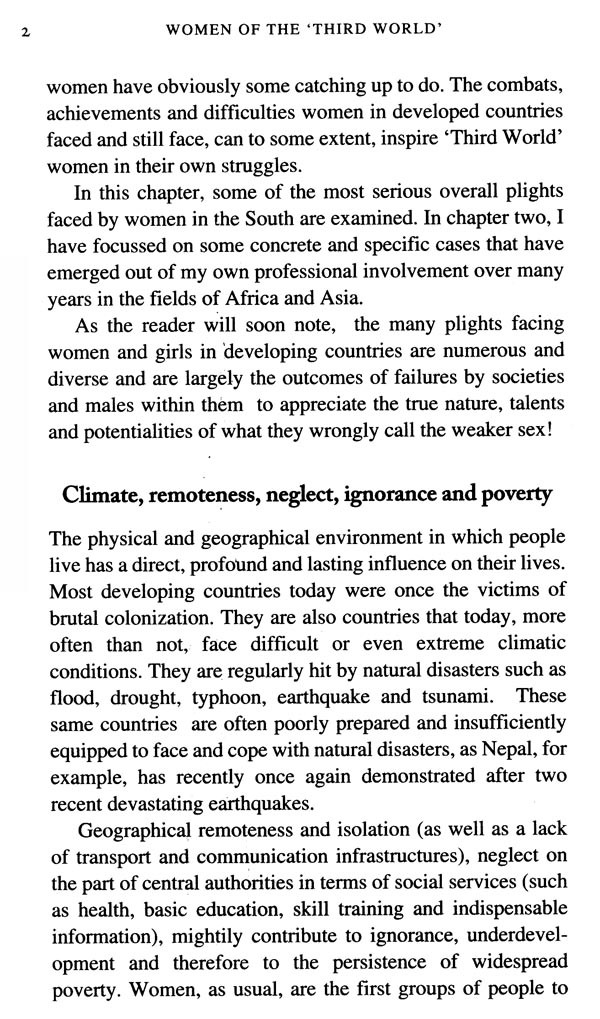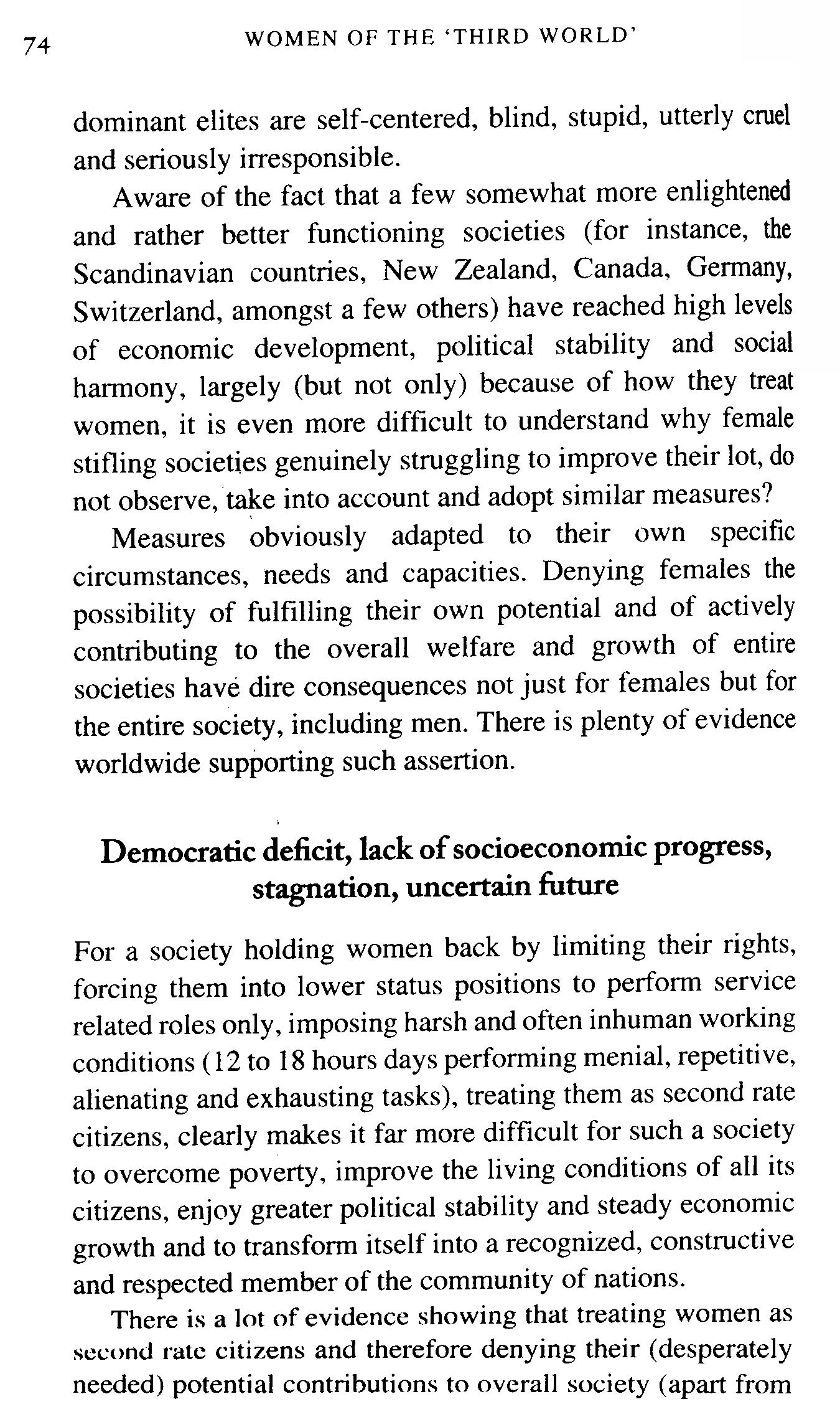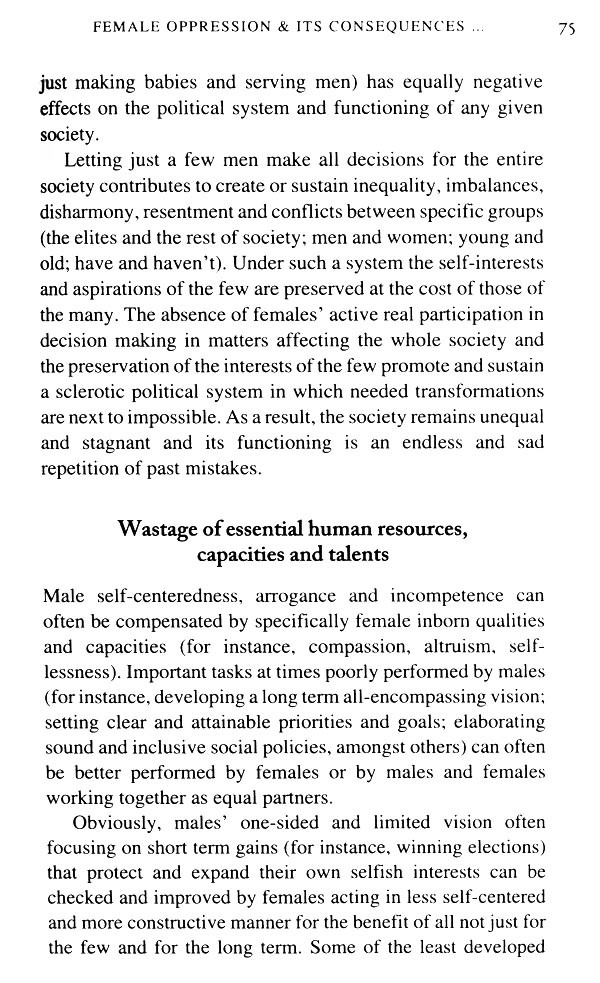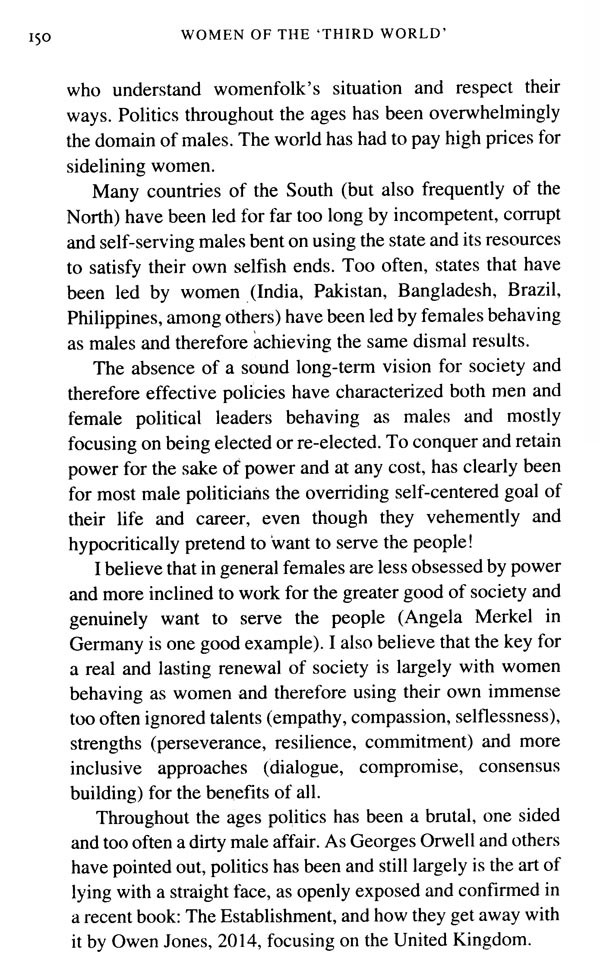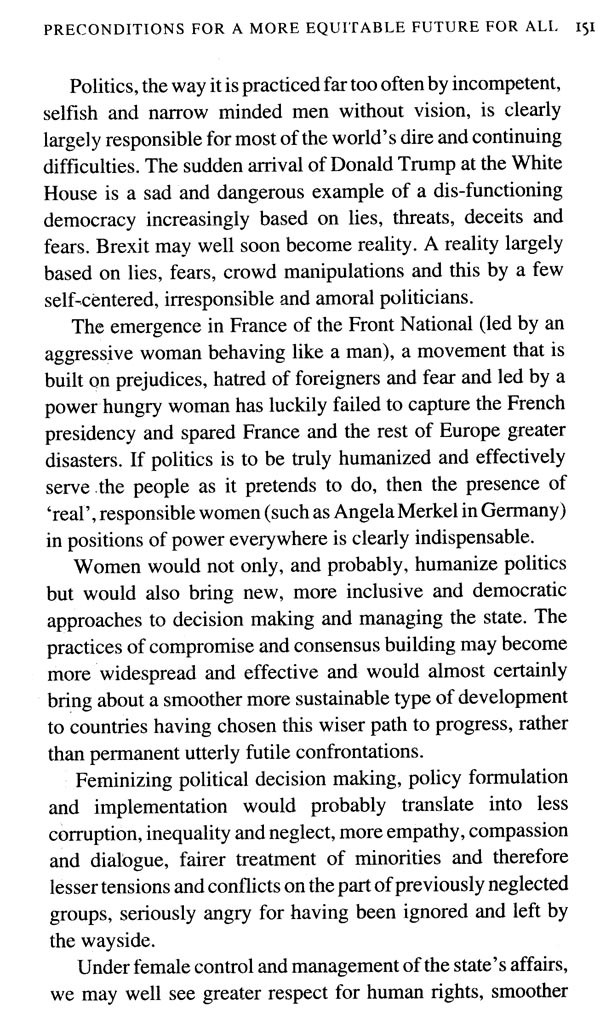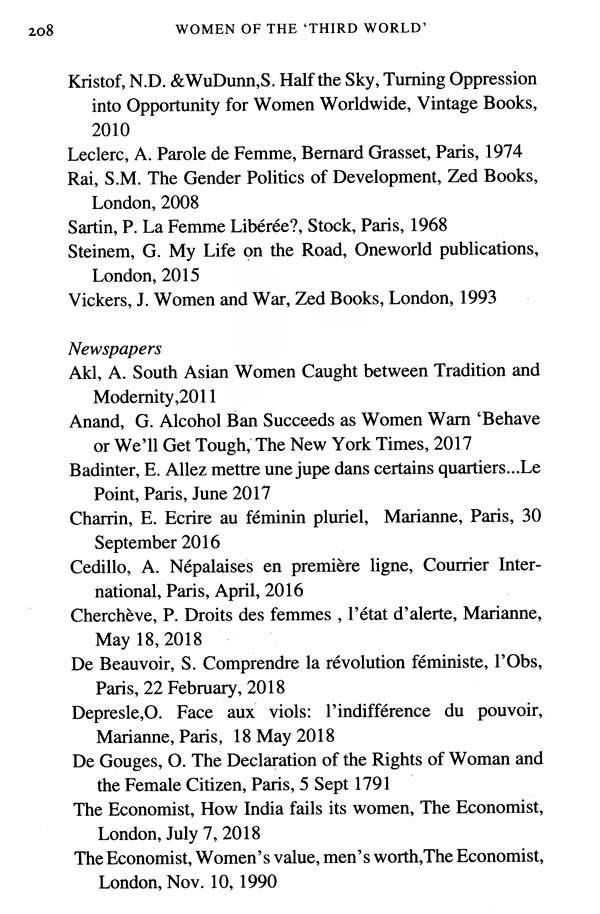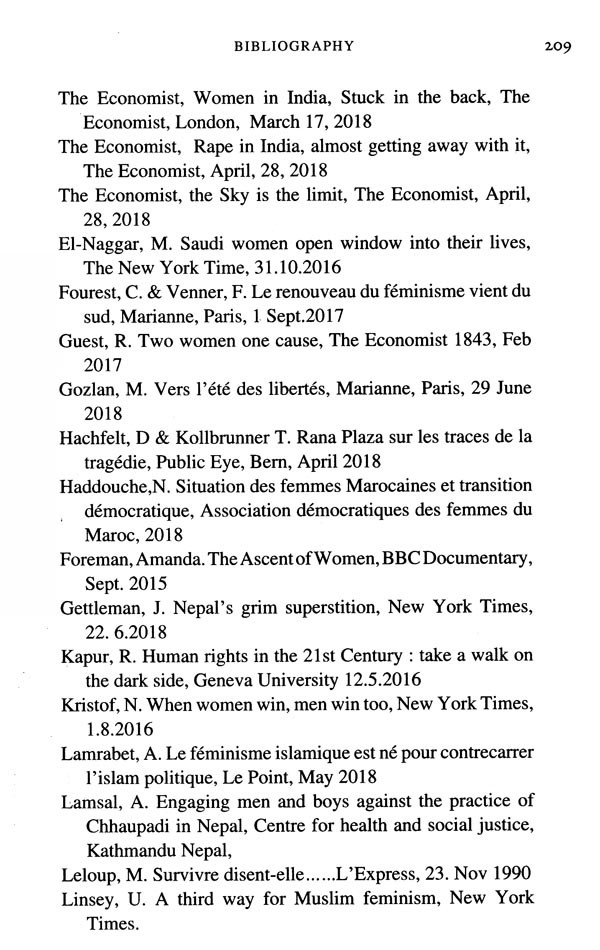
Women of the "Third World' What can we learn from them?
Book Specification
| Item Code: | AZG860 |
| Author: | Claude W. Bobillier |
| Publisher: | Vajra Books, Nepal |
| Language: | English |
| Edition: | 2019 |
| ISBN: | 9789937933056 |
| Pages: | 234 |
| Cover: | PAPERBACK |
| Other Details | 8.50x5.50 inch |
| Weight | 230 gm |
Book Description
After struggling for years through a questionable education system that did little for working class kids, he went on to earn a PhD at London University and embarked on a career in development in Third World' countries where he always felt at home. Before that, 12 years in friendly New Zealand opened up new professional possibilities, restored his shaken self-confidence and hopes for a better world.
As a sociologist, Claude spent 28 years working as a researcher/adviser in 28 countries of Africa and Asia. There, confronted with female oppression and suffering, he learned most durable lessons of what it means to be a female in patriarchal societies denying women respect, opportunities, a place and role within society.
This book is the product of Claude's field involvement at all levels of struggling societies as a witness, friend and spokesperson for many oppressed women he has met and listened to.
Now retired, he lives on the French side of lake Geneva, still trying to come to term with the persistent ignorance and harshness of a world that treats women as second rate citizens.
The situation has somewhat improved over the past three decades. However, the stories of female harassment and domestic violence continue. Cases of female infanticide and illegal abortions also continue. The situation of women in urban India has improved as there are today many women in higher positions in business corporations and in government. There are also increasingly success stories about women in rural India.
Geographic isolation, harsh climatic conditions, extreme and permanent poverty, lack of access to basic health and educational services, widespread illiteracy, brutal discrim ination and oppression against females, natural and manmade disasters were (and still are) some of the central issues facing most rural communities and those supposed to assist them (governments, extension workers, foreign aid agencies and NGOs).
Over the years I have had the privilege and many opportunities to meet, listen to, befriend, observe, understand and learn from dozens of qualified professional women in high positions (ministers, heads of corporations and bureaucracies).
**Contents and Sample Pages**
